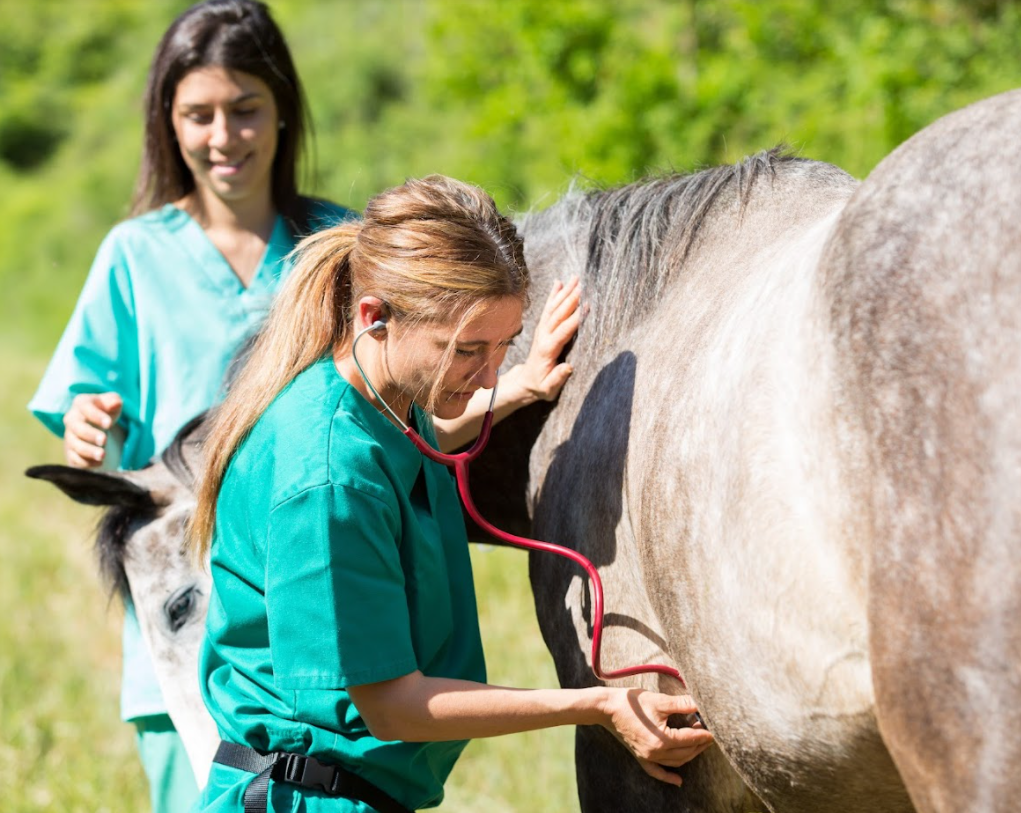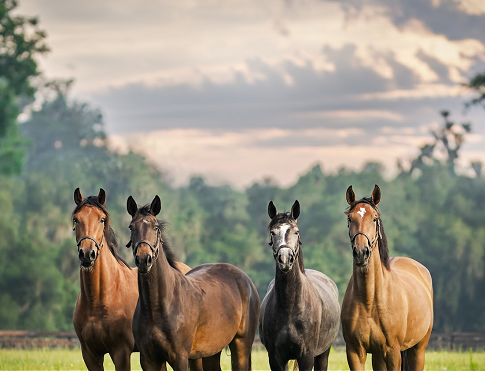CBD For Pain Management: Do They Work In Equines?
As an owner, you just want the best care given to your equine, especially when lined up for an upcoming competition. Injuries are common during such events, and proper medical attention is imperative to ensure fast recovery and their overall health.
Fortunately, the modern times have made drastic changes in veterinary medicine. For instance, CBD products have been introduced to combat multiple equine conditions and improve their quality of life.
CBD products, such as SUPA CBD Cooling Gel, are primarily made for humans; however, various studies have shown their potential healing benefits on different animals. However, there may still be questions on such claims.
What Is CBD?
Cannabidiol or CBD is the non-psychoactive and most essential component of the hemp plant. Unlike its counterpart component, tetrahydrocannabinol or THC, it doesn’t create a ‘high’ feeling. The hemp plant contains high amounts of CBD and only a low concentration of THC. Thus, it’s extensively considered for medical use.

ECS In Horses
All vertebrates, including some invertebrates, have an endocannabinoid system (ECS). It’s composed of neuromodulatory lipids and receptors that regulate different organ systems of the body, especially the nervous, immune, endocrine, and cardiovascular systems.
ECS in horses contains CB1 and CB2 receptors, and a neurotransmitter, anandamide. Anandamide binds with these two receptors and is believed to help the processing of emotions, moods, appetite, energy, pleasure, and motivation. Its number increases with physical activities.
CB1 receptors are found abundantly in the central nervous system (CNS), primarily in areas that evaluate and manage the stimuli for attitude, attention, control, prospective memory, and pain perception. At the same time, CB2 receptors are located in the peripheral nervous system (PNS).
How Do CBD Affect ECS For Pain Management
Pain receptors are called nociceptors. When pain is perceived, it travels through the nociceptive pathways, analysed and regulated from the origin to the brain.
CBD is believed to bind loosely with the nociceptors and imitate anandamide to inhibit the pain without any psychoactive effect. The presence of CBD may also increase the stimulation of the body cells and hormones of the equine to combat irregularities and deficiencies in the equine’s body.
Research has proven that pain can physically and chemically alter the brain. The equine conditions that cause aches may bring forth anxiety, immobility, apprehension, as well as mood and behavioural changes. These include the following:

Like in humans, ECS plays a significant role in the body’s homeostasis. When an equine’s internal environment is stable and pain is controlled, they won’t be easily distracted and will perform well in intensive training.
Other Indications For CBD Use
When a horse is sick or injured, their overall health is compromised. It may develop a domino effect on other body systems, which may worsen the condition. CBD may also be used for:
CBD products may also strengthen the immune system and promote fertility, which could be highly beneficial in increasing a horse’s resistance to various diseases. On top of it all, it’s utterly essential for the horse to be in a clean and safe environment to prevent the contraction of viruses.
Side Effects
Mildly elevated liver enzymes, diarrhoea, drowsiness, fatigue, and decreased blood pressure are the common side effects of CBD use. But, no known harmful adverse effects have been noted. CBD is highly recommended to horses who can’t tolerate the adverse effects of corticosteroids or non-steroidal anti-inflammatory drugs (NSAID).
Dosing Of CBD Products
You must seek advice from a trusted veterinarian before administering CBD to your equine. A horse’s system is more complex than those of other animals. They have a slow metabolism, and, thus, they require lower doses, less frequency, and longer intervals.
A horse doesn’t follow the standard dosage calculations. Their dosage ranges from 0.25 – 1 milligram per kilogram.
It may take 30 minutes to an hour before the product takes effect. Increasing the dose must be done gradually, and you have to observe keenly how your horse reacts to the product.
Is CBD Legal For Horses?
The Food and Drug Administration (FDA) doesn’t regulate CBD products. Thus, you must be aware of the products you purchase. Product descriptions, indications, and contraindications must be read thoroughly.
You may look for accreditations from the International Organization for Standardization (ISO) and Certificate of Analysis (COA). COA is a positive review from a third-party source that assures the quality and effectiveness of the products, whereas ISO ensures the manufacturers’ credibility, authority, and efficiency.
CBD is legal for medical use on horses to alleviate pain, treat a wide variety of conditions, and improve their quality of life. However, it’s strictly prohibited in equines competing for the Olympics. You must stop using CBD products on your horse seven days before the competition as random drug testing is conducted.
Final Words
As an equestrian, you only want the best for your horses. Pain can be incapacitating and may result in a series of health-compromising conditions. CBD products are believed to be safe and effective in treating various diseases in horses. However, you must consult a trusted veterinarian for recommendations on the safest CBD products and the proper dosage.
Tina reviewed Moudaire Farm Livery
SIMPLY THE BEST! What a yard, been here almost 3 months coming from a previous amazing yard and was scared for ... Read more
Natalie coulter farrall reviewed Chapelwood Farm
I’ve been on plenty yards around cheshire this is bye far the best livery yard I’ve been on ... Read more
Horsegirl reviewed Valley Farm Equestrian Leisure
Beautiful setting. Something for everyone.... Read more
Subscribe today and receive latest Livery List news and guides direct to your inbox